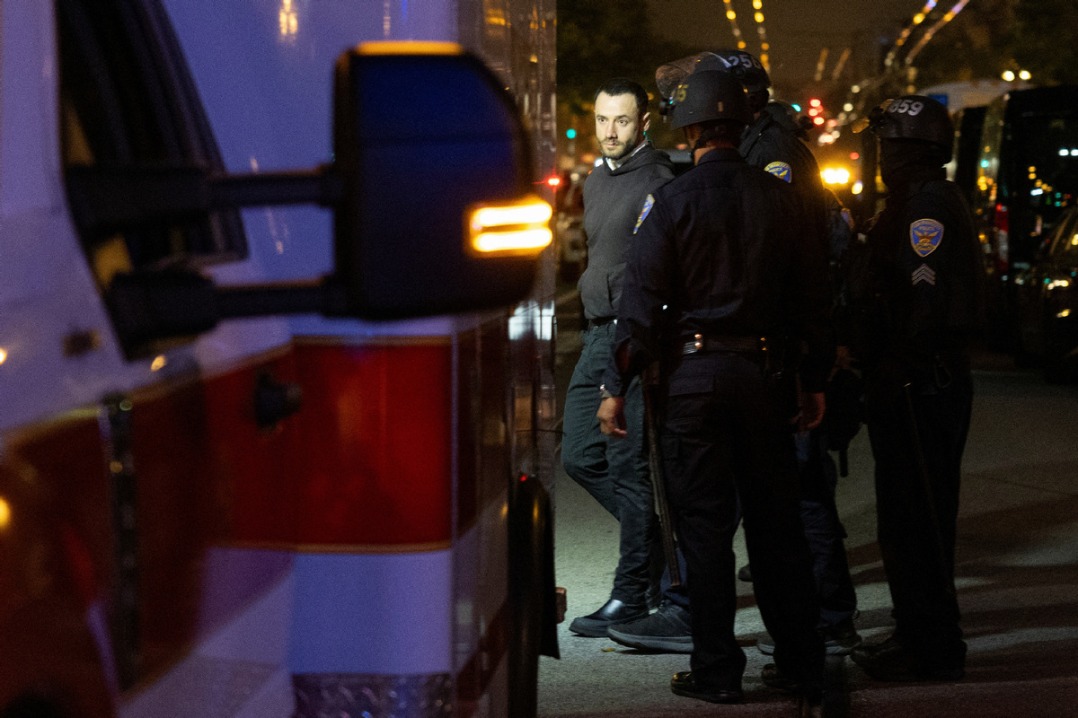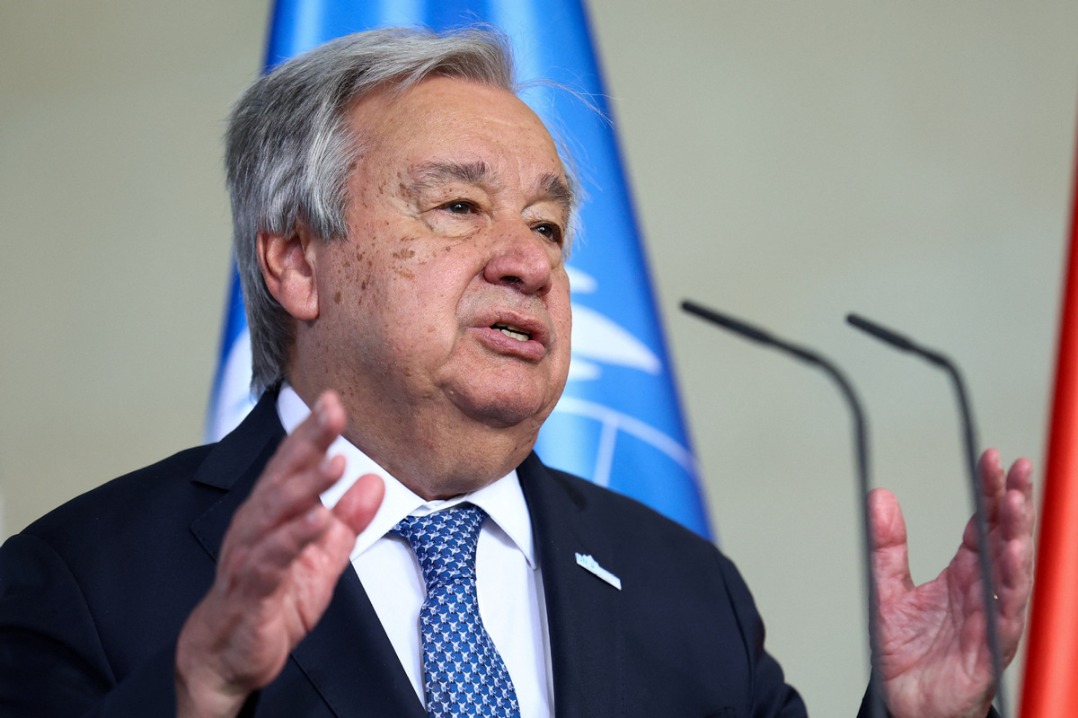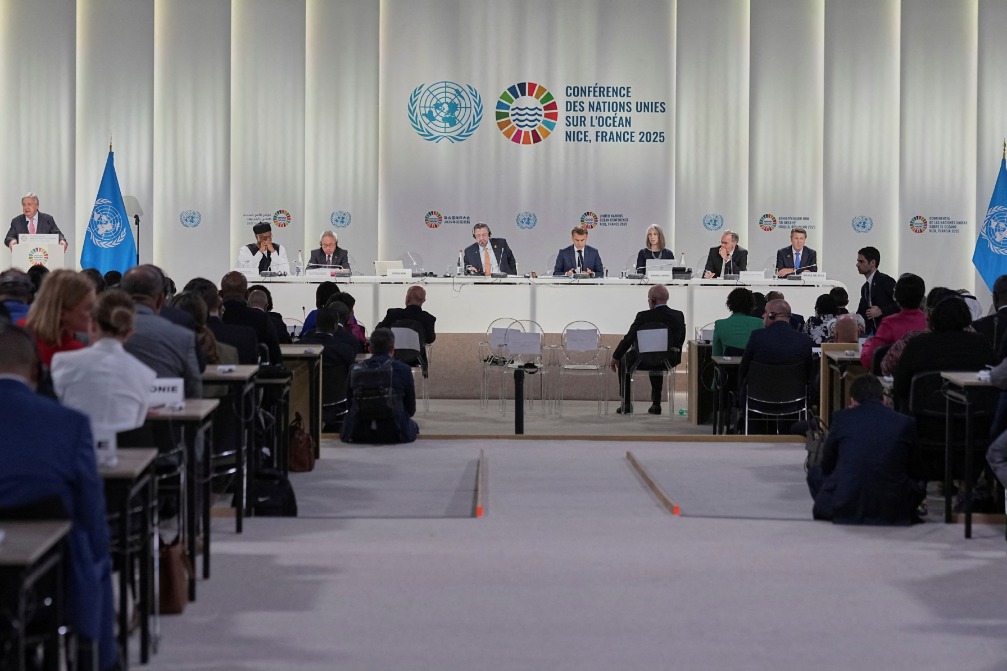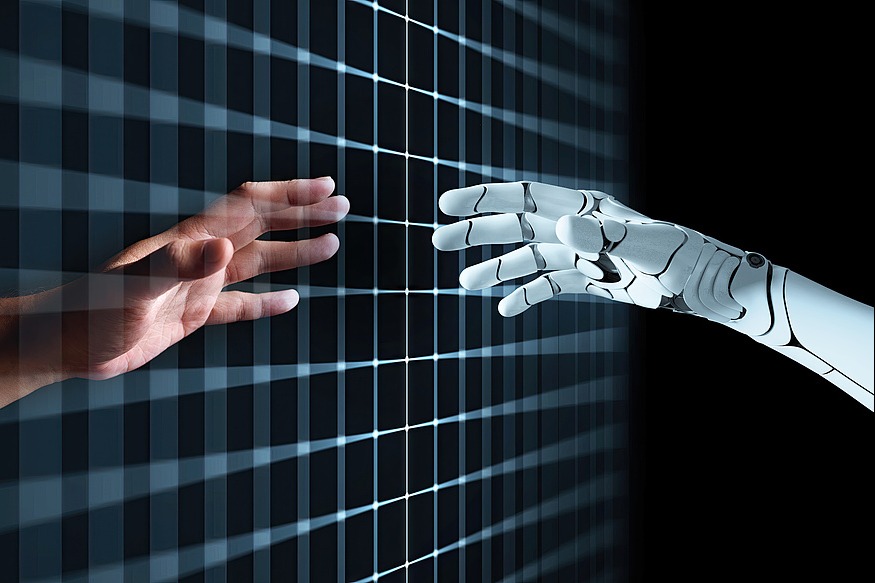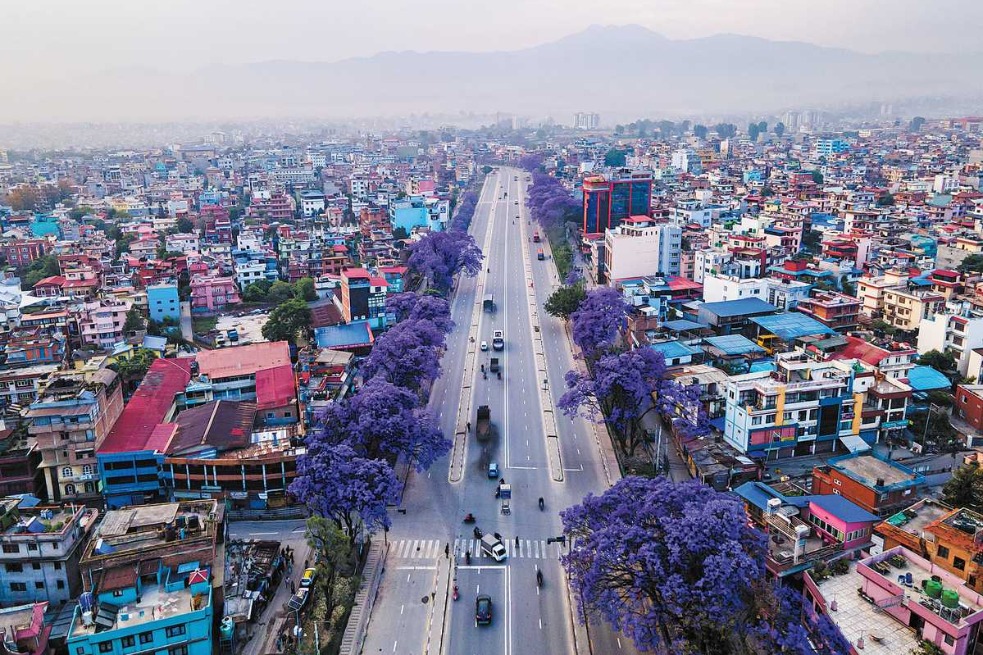US soft power weakened by 'culture war'

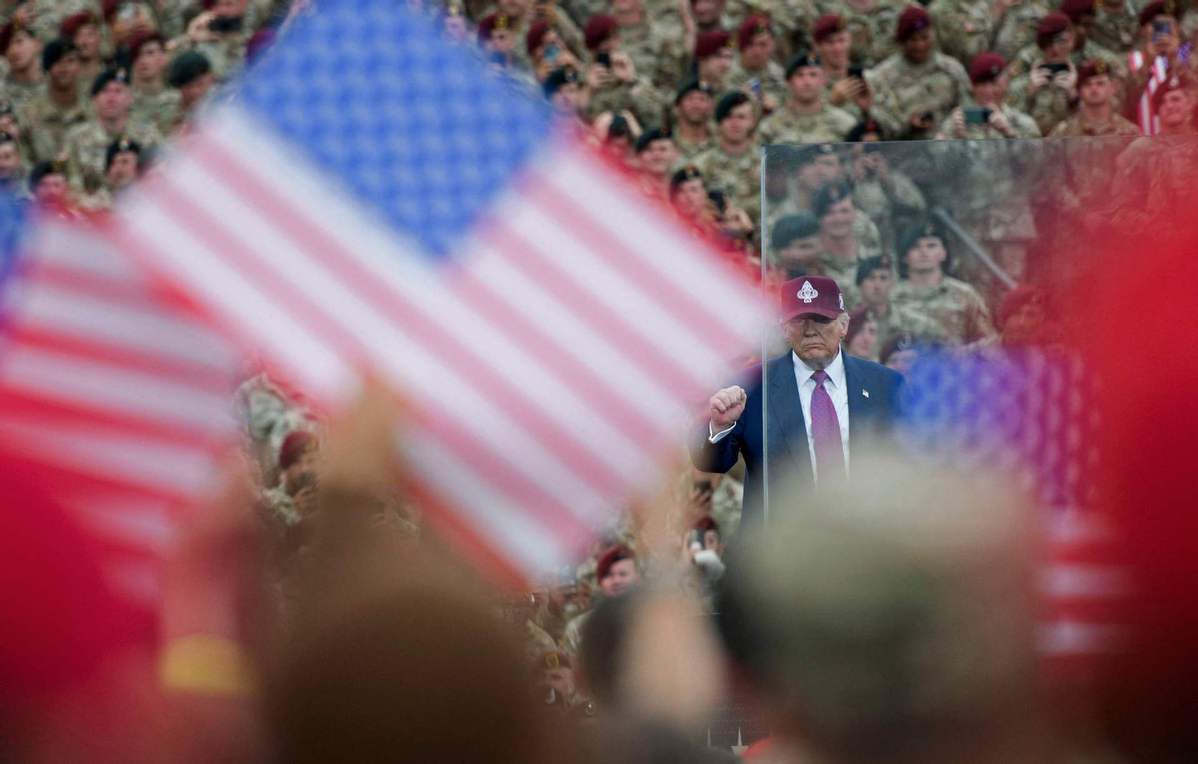
Joseph Nye, the late US scholar who first coined the concept of "soft power", wrote an article in the Financial Times on March 8, lamenting that the soft power of the United States ended after President Donald Trump took office. It can be imagined that Nye died — on May 6 — with regrets. In his article, Nye underscored that the "America First" policy of the Trump administration had severely eroded the liberal values and institutions of the US, thus significantly weakening its soft power in the world.
From a historical perspective, the rapid dissipation of the US' soft power is undoubtedly related to the self-serving "America First" policy, connivance in Israel's military operations in Gaza and unilateral tariff war against the world, but these are probably not the most important reasons. The more critical reason is that the US values, long extolled as "universal values", based on liberalism, have been constantly eroded, rejected and abandoned by the US itself over the past period.
This set of liberal values has always been the core of US soft power. In various instances, US liberalism may not have been applied equally to ethnic minorities, pagans, disadvantaged groups and other countries. Oftentimes, the inconsistencies in application reflected the interests of the US or its leaders. Nonetheless, as a "lofty" ideal, liberal values rooted in individualism and humanistic care have tremendous appeal. Many worldwide are eager to embrace values such as freedom, equality, the rule of law, human rights, democracy, inclusiveness, checks and balances, pluralism, free trade, market economy, internationalism, and humanitarianism. Many people also tend to confuse ideals with reality, mistakenly believing that liberal values are thoroughly and accurately realized in the US' domestic and foreign policies.
For a long time, many US scholars have claimed that liberalism is the "only" or "mainstream" value of the US. Indisputably, for a long time after the end of the Cold War, US liberalism dominated the global ideological field, and the US' soft power was unparalleled.
As a country with multiple ethnic groups, religions, values, vast regional differences, deep class conflicts and divergent interests, however, it is unrealistic to expect all US citizens to believe in the same set of values forever.
Until the last decade, liberalism barely had the upper hand. After Trump's election as US president in 2016, the foundation of liberalism in the US became fragile. However, Trump could not fully pursue his illiberal program during his first term. By the time Trump became the US president again in 2025, he had accumulated considerable strength, talent and experience to carry out his illiberal program vigorously and, to some extent, succeeded in expelling liberalism from US politics and society.
Trump was re-elected president with a majority of votes. His supporters control both houses of Congress and the Supreme Court, indicating that the illiberalism they espouse, commonly known as white nationalism, right-wing populism, Christian nationalism and Trumpism, among others, has become the US' "mainstream" ideology.
The illiberalism Trump advocates is fully reflected in Project 2025, a political action plan compiled for him by the Heritage Foundation for the new administration. In simple terms, the core tenets of "Trumpism" include the following aspects. First, nationalism and "America First" — firm belief in national sovereignty, border control, and US' dominant position in global affairs; opposition to globalism, international trade agreements and multilateral organizations. Second, populism-deep distrust of political elites, mainstream media, academia and established institutions. Third, opposition to "political correctness" and rejection of extreme liberal ideas such as "wokeness", support for traditional values and law and order, and strong opposition to various movements that promote social progress. Fourth, authoritarianism — belief in strong and assertive leadership, support for the enlargement of executive power, opposition to checks and balances among the three powers, and emphasis on security, order and patriotism. Fifth, suspicion and distrust of the government, especially the "deep state" composed of career bureaucrats. Sixth, strict immigration control and advocacy of racism to maintain the dominance of white people in the US. Seventh, Christian traditionalism — support for Christian morality, the traditional family, and pro-life policies, and opposition to abortion. Eighth, economic nationalism, suspicion of free trade and globalization and decisive government intervention in economic affairs.
After Trump came to power again, he reshaped the US government and US society by issuing many executive orders, the constitutionality and legality of some of which are dubious.
On the external front, under the guidance of illiberalism, the Trump administration brazenly launched the most extensive and intense tariff war in history, withdrew from some international organizations such as the World Health Organization, no longer assumed responsibility for addressing climate change, practiced unilateralism, isolationism and bullying, promoted various forms of protectionism, undermined international law and rules, mistreated allies and partners, coveted other countries' territories, violated other countries' sovereignty and cut foreign aid.
As a value system, the illiberalism espoused by Trump has no market in the world. As an ideal, it has no intellectual or emotional appeal. It can even be described as a backward and barbaric thought. Therefore, when liberalism, which used to support the soft power of the US, is marginalized in its homeland, it is inevitable that the US' soft power will crumble globally, especially when many countries have become victims of its illiberal claims, policies and behaviors.
Of course, Trump couldn't care less about the state of US' soft power worldwide. What is important to him is whether the US can gain actual benefits by relying on hard military and economic power and political transactions. In any case, Trump has no intention of exporting his illiberalism. Even so, I believe that the rise of illiberalism in the US represents the secular decline of the country itself. Trump's unscrupulous and brutal exercise of political power to promote illiberalism is making the country isolated, disrespected and distrusted internationally.
The author is a professor emeritus of sociology at the Chinese University of Hong Kong and a consultant to the Chinese Association of Hong Kong and Macao Studies.

















